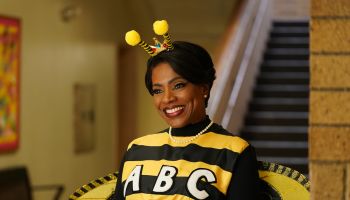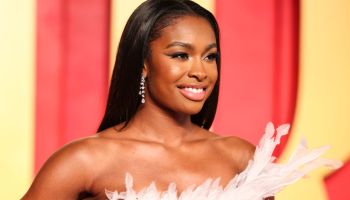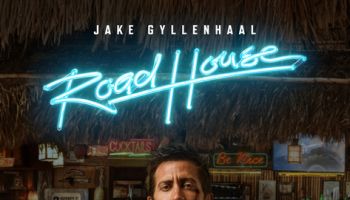On the way up in the hotel elevator I fingered my notebook nervously and prayed I’d put the new batteries into my tape recorder correctly. I was young and nervous but prepared as I exited the elevator and was guided by a publicist to a penthouse suite. There were lots of people coming and going ― record company staff, Rastas, beautiful women. But sitting calmly in the center of the room, curled up barefoot in a chair, occasionally strumming a guitar, was the most relaxed person in the room.
Robert Nesta Marley greeted me cordially as I sat across from him with my notes and my tape recorder. In my growing career as a music journalist I’d already interviewed some major stars, but no one as relaxed, down to earth and quietly beatific as the reggae star. He was in the middle of an unusual tour, sharing the stage with the Commodores and, at Madison Square Garden, with opening act Kurtis Blow. Marley had already headlined many American arenas by himself, but he’d decided to open for Lionel Richie and the band in an attempt to bridge the gap between reggae and mainstream black music.
[pagebreak]
As he told Marley that day he thought the cultural gap between Black Americans and Jamaicans, which manifested itself in fist fights at high schools, stereotypical views of each other and radio programmers reluctant to play reegae in the U.S., could be bridged by communication, love and sharing of medicinal herb. The gentle spirit of love that underlined even his aggressive lyrics made him an optimist in a world of cynicism, a believer in progress in spite of man’s many faults.
It was during that tour that Marley would be diagnosed with the cancer that kill him, prematurely ending his dream of uniting the children of the diaspora. But the seeds he planted born rich fruit.
Of all the varied Caribbean and African musical cultures in the world Jamaican has probably had the greatest impact on African-Americans. Toasting MC and sound systems were the precursor to hip-hop parties in the park, while the popular dance hall sound is a distinctive blend of Kingston and the Bronx.
Globally, with the exception of Michael Jackson, there may be no more beloved musical figure to emerge from the African diaspora. Bob Marley has been dead too long but, thankfully, his spirit lives on.
Nelson George is an filmmaker and author. His up coming mystery novel, ‘The Plot Against Hip Hop’ (Akashic Books), will be published in October.
[pagebreak]
Nelson George remembers Bob Marley on the 30th anniversary of his death.
[pagebreak]
Nelson George remembers Bob Marley on the 30th anniversary of his death.
[pagebreak]
Nelson George remembers Bob Marley on the 30th anniversary of his death.















